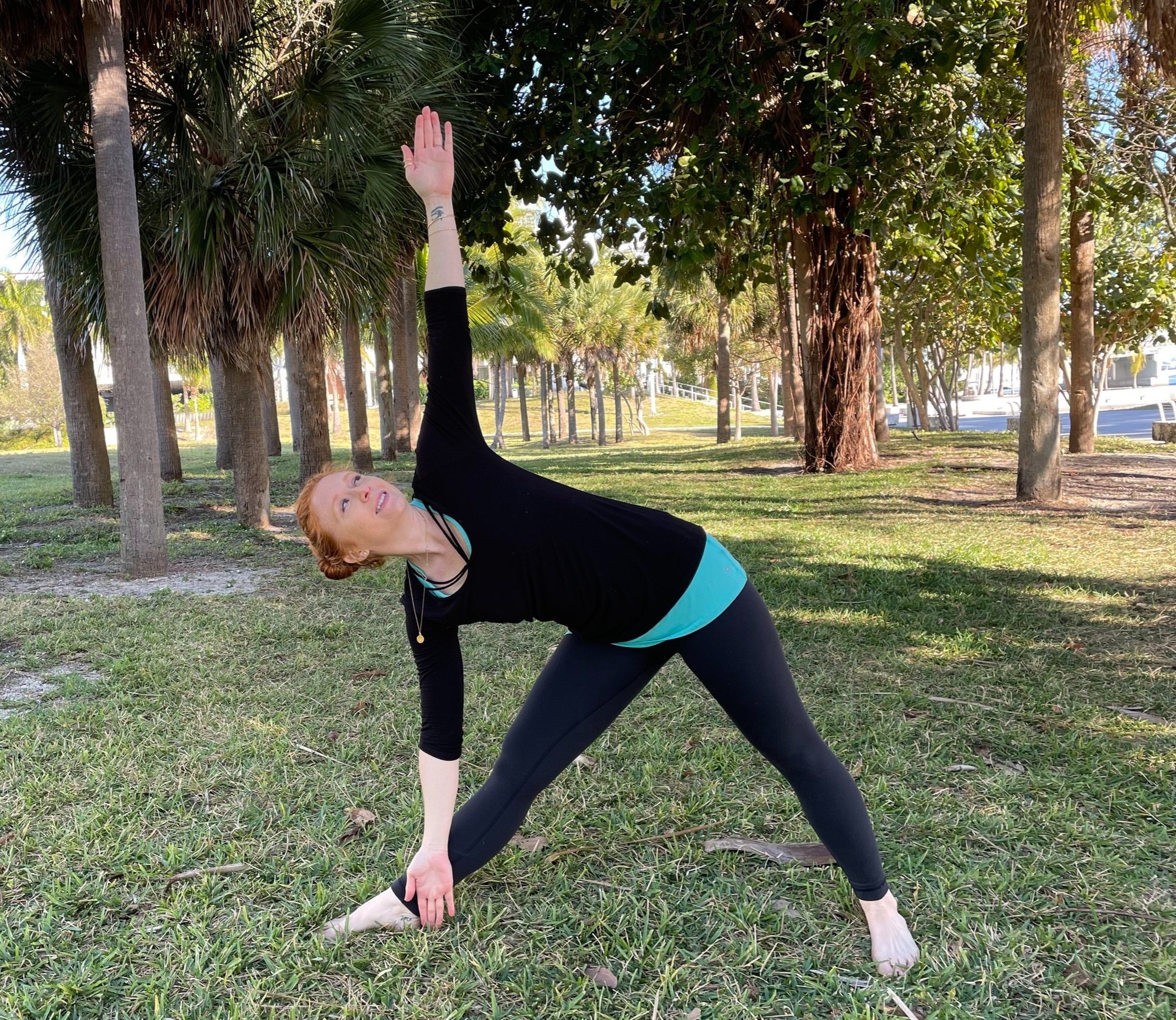Exercise dependence or Exercise avoidance
What is exercise dependence?
You may have heard exercise dependence called ‘over-exercise’, ‘compulsive exercise’, ‘compensatory movement’ or ‘obligatory exercise’. Exercise dependence can often appear as part of an unhealthy relationship with the body; and can become a serious health problem when people overly focus or spend a significant amount of time on physical activity that is:
Obligatory or compensatory
Exhibited by a sense of urgency or agitation when the person cannot partake in the behavior
At the expense of other activities - work, school, or social life
Undertaken during times of illness, injury or in poor/dangerous weather
Causing health problems (GI symptoms, changes in menses, etc.)
Taking place when the person is tired or has not eaten enough
Often a form of punishment rather than a pleasant activity that honors the body
What is exercise avoidance?
The intention of moving the body is too often distorted and is used as a way to “control” or alter the body with the goal of changing its shape in one way or another. This distorted intention of moving the body can lead people to avoid movement of all types due to the societal pressures associated with physical pain, fatigue, shame or guilt. All Voices works with clients to find movement that can bring you joy and satisfaction in what your body can do rather than feeling forced or the need to abstain from movement completely.
All healing begins in rest
All Voices services commonly found helpful in the prevention and recovery of exercise dependence or avoidance
Individual Nutrition Counseling
Learn about your urges and behaviors while finding more productive coping mechanisms.
Yoga Therapeutics
Integrate movement back into your routine in a meaningful and gentle manner.
Support Groups
Draw on the support of others are you share stories, helpful tips and successes.
For a full list of our services, please use the navigation at the top of the screen




